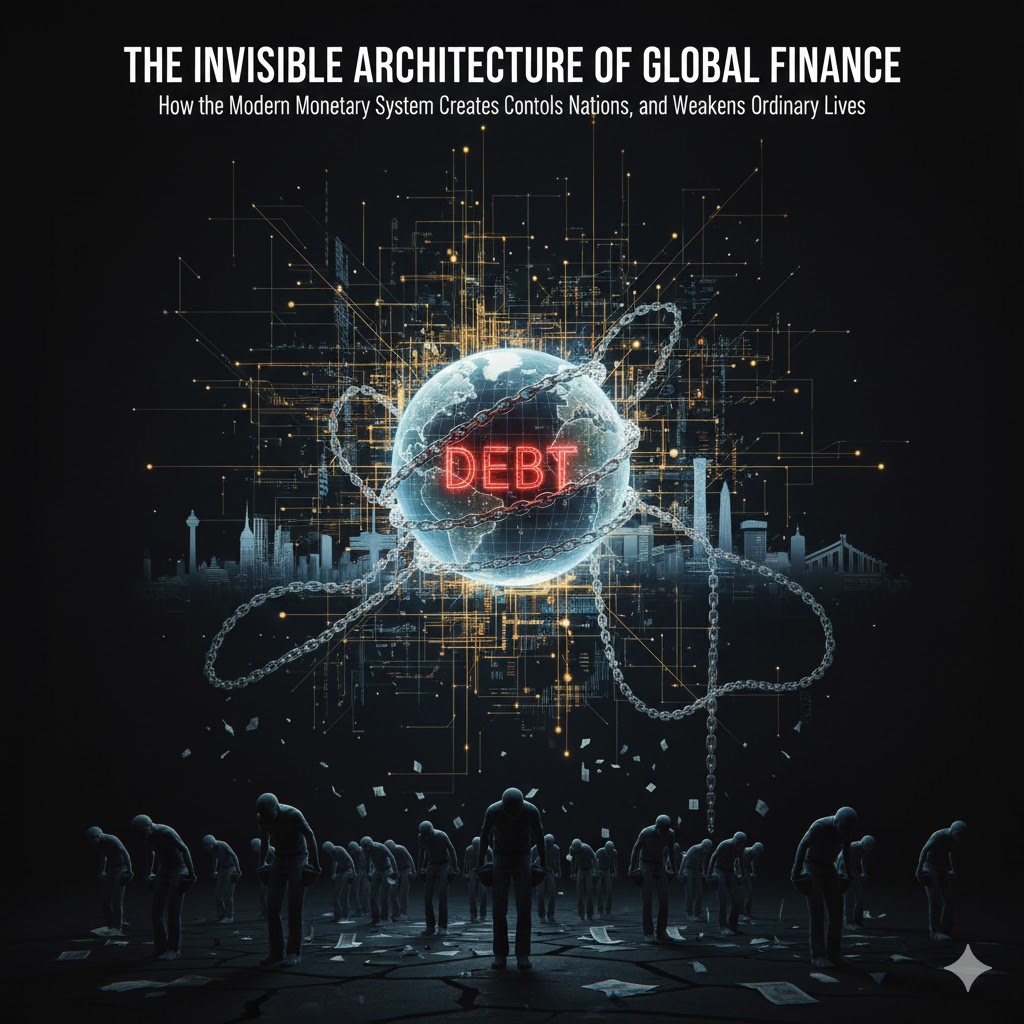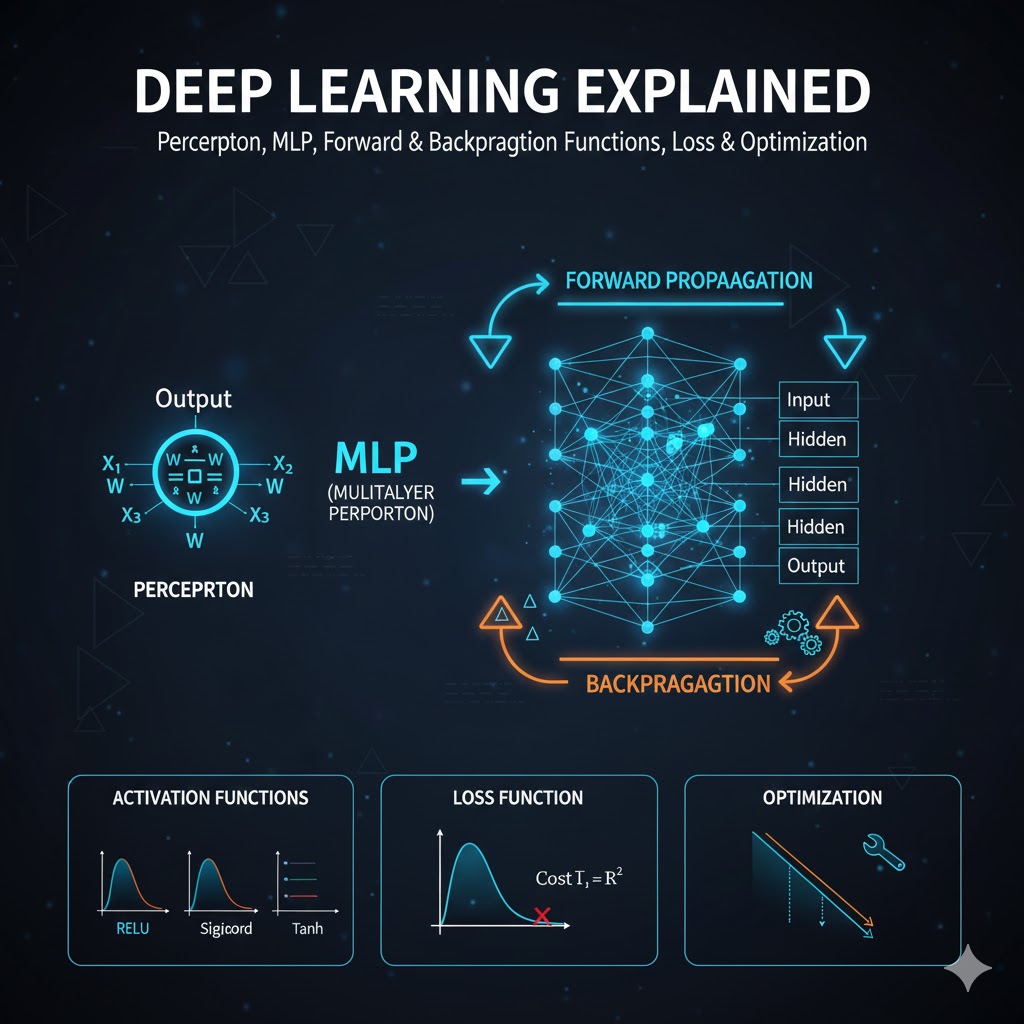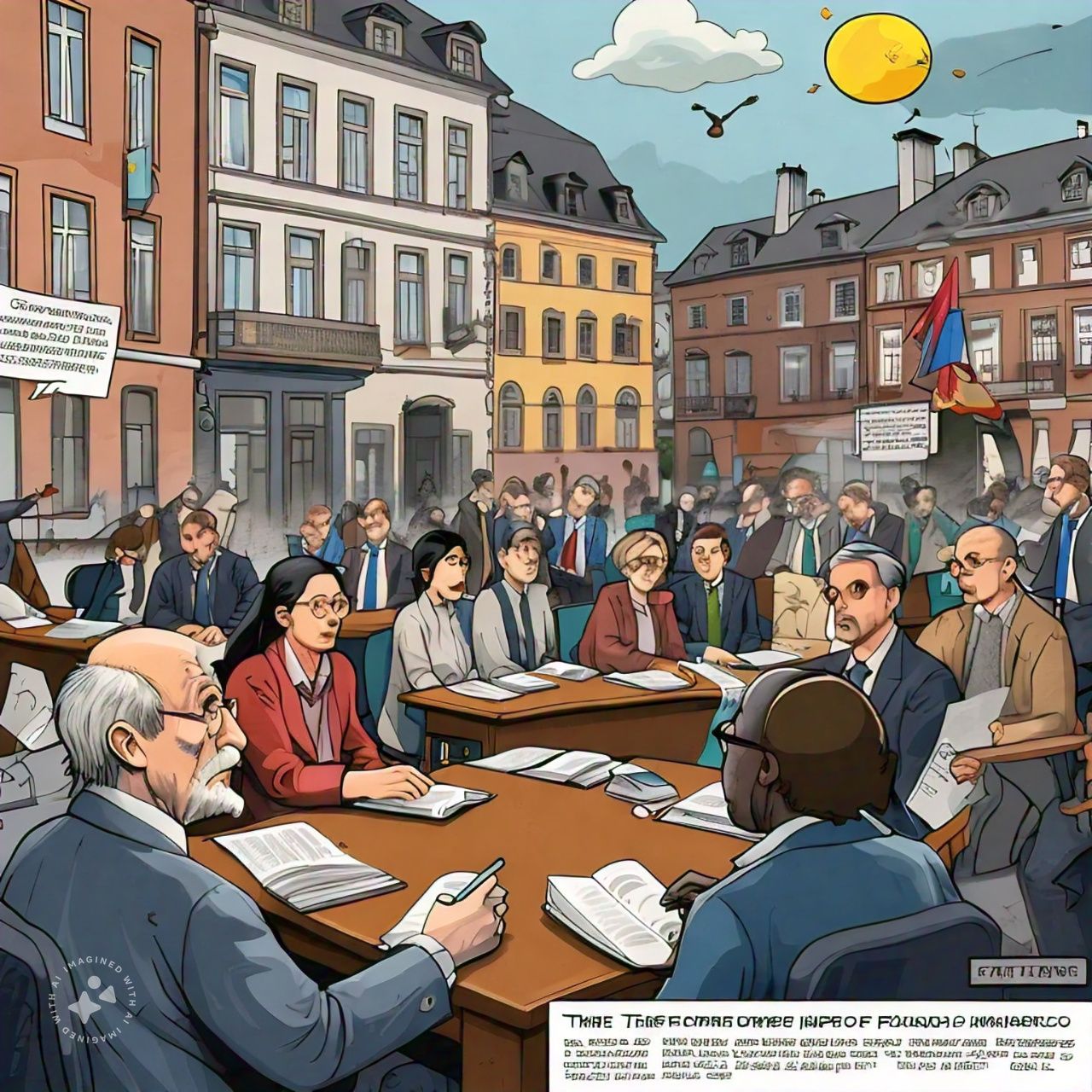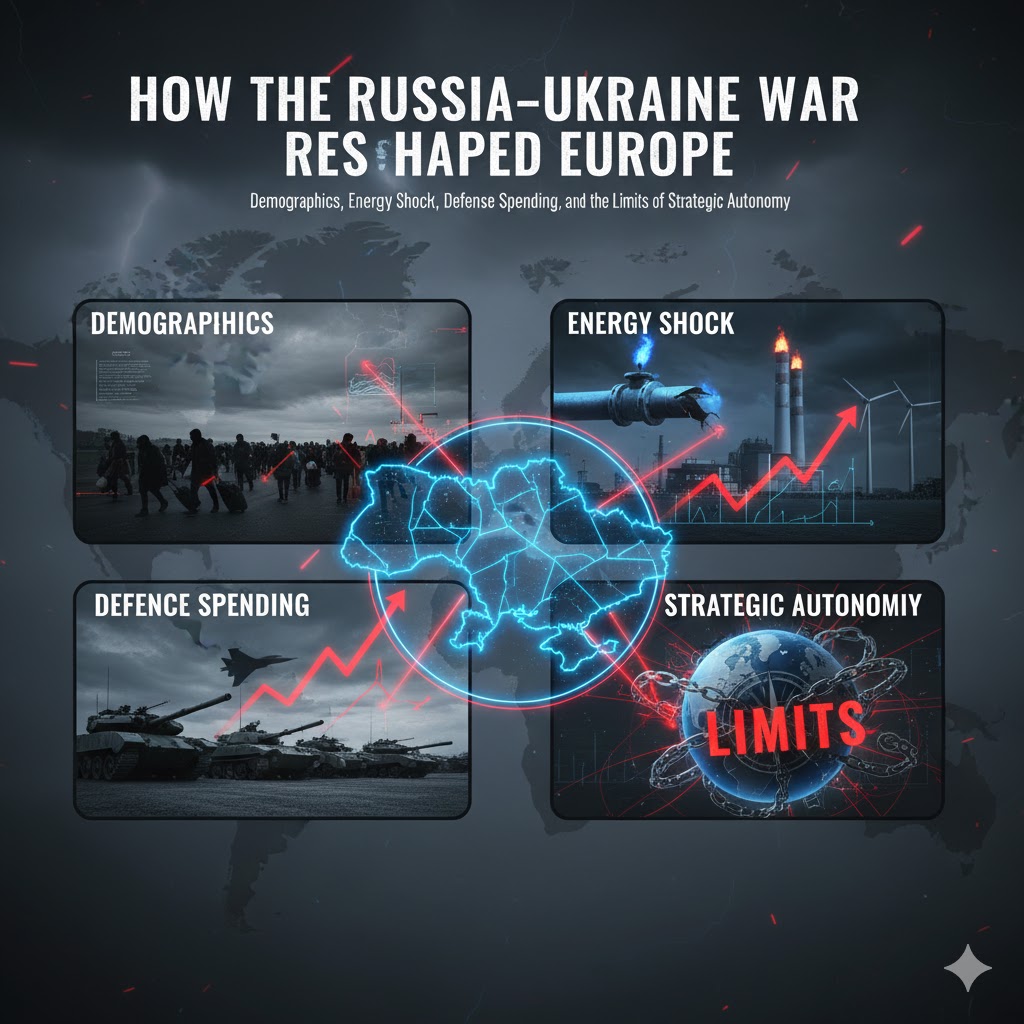Title: The Transformative Impact of Immigration on European Politics: A Comprehensive Analysis
Introduction
Immigration has emerged as one of the most influential factors shaping contemporary European politics. Its impact is far-reaching, affecting social cohesion, political stability, and policy-making across the continent. This analysis explores the multifaceted ways in which immigration is transforming European political dynamics, delving into both the positive and negative social impacts, the influence on right and left-wing politics, and how political figures are leveraging these dynamics to shape public discourse and policy.
1. Historical Context
To understand the current political landscape, it is essential to consider the historical evolution of immigration policies in Europe. The post-World War II era marked the beginning of significant immigration waves, driven by labor shortages and economic recovery needs. Countries like Germany and the UK welcomed migrants from former colonies and neighboring countries to fuel their burgeoning economies.
In the late 20th and early 21st centuries, the focus shifted towards asylum seekers and refugees fleeing conflict and persecution. The dissolution of the Soviet Union, the Balkan Wars, and the Arab Spring significantly increased migratory pressures. The 2015 migrant crisis, marked by the arrival of over a million refugees into Europe, highlighted the challenges and divisions within the EU regarding immigration policies.
2. The Social Impact of Immigration
- Positive Social Impacts
- Economic Contributions:
Immigrants have played a vital role in Europe’s economic development. They fill labor shortages in various sectors, from healthcare to technology. For instance, in the UK, immigrants have been crucial in staffing the National Health Service (NHS), providing essential services that would otherwise face significant gaps. In Germany, immigrants have been integral to the success of its tech industry, contributing to innovation and economic growth. - Cultural Enrichment:
Immigration has enriched European cultures by introducing diverse cuisines, arts, and traditions. Cities like Paris and Berlin have become vibrant cultural hubs, reflecting a blend of local and immigrant influences. Festivals, restaurants, and art galleries often celebrate this multiculturalism, contributing to a more dynamic and diverse cultural landscape. - Demographic Balance:
Immigration helps address demographic challenges such as aging populations and declining birth rates. In countries like Italy and Spain, where the native population is aging rapidly, immigrants contribute to the labor force and support pension systems. This demographic balance is crucial for maintaining economic stability and sustaining social welfare programs.
- Economic Contributions:
- Negative Social Impacts
- Social Tensions and Integration Challenges:
The arrival of large numbers of immigrants has sometimes led to social tensions and challenges in integration. Instances of unrest, such as the 2005 riots in Paris and the tensions in Sweden’s suburbs, highlight the difficulties in integrating diverse communities. These tensions often stem from issues related to employment, housing, and cultural differences. - Economic Concerns:
Public perceptions of immigrants competing for jobs and resources can exacerbate economic concerns. In the Netherlands, for example, there have been growing concerns about housing shortages and increased pressure on public services. These concerns are sometimes amplified by political rhetoric and media portrayals. - Cultural and Identity Concerns:
The presence of large immigrant communities can lead to fears about cultural erosion and loss of national identity. In countries like Hungary and Poland, where far-right parties have gained prominence, these concerns are often used to justify stricter immigration policies and nationalist rhetoric.
- Social Tensions and Integration Challenges:
3. Political Impact and Polarization
- Impact on Left-Wing Politics
- Progressive Policies and Integration Efforts:
Left-wing parties in Europe generally advocate for more inclusive immigration policies and support for multiculturalism. Germany’s approach under Chancellor Angela Merkel, which included opening the borders during the 2015 crisis and promoting integration programs, exemplifies this stance. Progressive policies focus on human rights, social inclusion, and combating discrimination. - Challenges and Criticisms:
Left-wing parties face internal and external challenges related to immigration. The Labour Party in the UK, for example, has faced criticism for its handling of immigration issues, with some arguing that its policies have not adequately addressed public concerns about borders and security.
- Progressive Policies and Integration Efforts:
- Impact on Right-Wing Politics
- Rise of Populism and Nationalism:
Right-wing and far-right parties have gained significant support by focusing on anti-immigration rhetoric and nationalist agendas. Parties like France’s National Rally and Italy’s League have capitalized on fears about cultural and economic impacts, advocating for stricter border controls and a reduction in immigration. - Policy Proposals and Reforms:
Far-right parties often propose radical changes to immigration policies, such as building border fences or reducing asylum claims. Hungary’s Viktor Orbán has implemented stringent border controls and used anti-immigration rhetoric to consolidate support, while Italy’s Matteo Salvini has pushed for tighter immigration laws and reduced asylum acceptance.
- Rise of Populism and Nationalism:
4. Political Strategies and Manipulation
- Use of Immigration by Political Figures
- Campaign Strategies:
Immigration is frequently used as a key campaign issue by political figures to mobilize support. Marine Le Pen, for instance, has utilized anti-immigration rhetoric to appeal to voters concerned about national identity and security. Her emphasis on limiting immigration and strengthening borders has resonated with a significant portion of the French electorate. - Policy Proposals:
Political leaders use immigration-related policy proposals to differentiate themselves and address voter concerns. Brexit, driven in part by concerns about EU immigration, illustrates how political leaders can leverage immigration issues to achieve broader political goals. Similarly, Salvini’s policies aimed at reducing immigration have been central to his political platform. - Media and Public Discourse:
The media plays a crucial role in shaping public perception of immigration. Sensationalist coverage of migrant crises and negative portrayals can influence public opinion and political discourse. The portrayal of immigrants in the media often affects how policies are perceived and implemented.
- Campaign Strategies:

5. European Union Policies and Reactions
- EU Migration Policies
- Overview of EU-wide Policies and Reforms:
The EU has implemented several policies to manage migration, including the Dublin Regulation, which outlines responsibility for processing asylum claims, and the EU-Turkey Deal, aimed at controlling migration flows from Turkey to Europe. Recent reforms focus on improving border security and enhancing member state cooperation. - Challenges and Criticisms:
Achieving a unified EU approach to migration has been challenging, with member states often at odds over policies and burden-sharing. Disagreements over the distribution of migrants and the effectiveness of border controls have led to criticisms of the EU’s handling of migration issues.
- Overview of EU-wide Policies and Reforms:
- Member States’ Reactions
- Differing National Approaches:
EU member states adopt varying approaches to immigration based on national priorities and political climates. Sweden’s open-door policy contrasts with Poland’s restrictive stance, reflecting divergent views on how to manage and integrate immigrants.
- Differing National Approaches:
6. Future Prospects and Recommendations
- Potential Future Scenarios
- Continued Polarization or New Consensus:
The future of immigration in European politics may see continued polarization or the emergence of new consensus-driven approaches. As demographic pressures and economic factors evolve, political responses may shift towards more pragmatic solutions. - Impact of Global Trends:
Global migration trends, such as conflicts and climate change, will influence European immigration dynamics. Addressing these challenges requires adaptive policies and international cooperation.
- Continued Polarization or New Consensus:
- Recommendations for Policy and Integration
- Balanced Approaches:
To address both the benefits and challenges of immigration, a balanced approach is needed. Policies should focus on effective integration, addressing public concerns, and ensuring social cohesion. Successful integration programs, such as those in Canada and Australia, offer valuable insights. - Enhancing EU Cooperation:
Improving EU-wide cooperation on migration policies is essential. Strengthening mechanisms for burden-sharing, improving asylum procedures, and fostering solidarity among member states can help manage immigration more effectively.
- Balanced Approaches:
Conclusion
Immigration is a transformative force in European politics, shaping social dynamics, influencing political ideologies, and driving policy debates. While it presents significant opportunities for economic and cultural enrichment, it also poses challenges related to integration, social cohesion, and political polarization. As Europe navigates these complexities, a nuanced and balanced approach to immigration policy will be crucial for ensuring stability and fostering inclusive societies.









